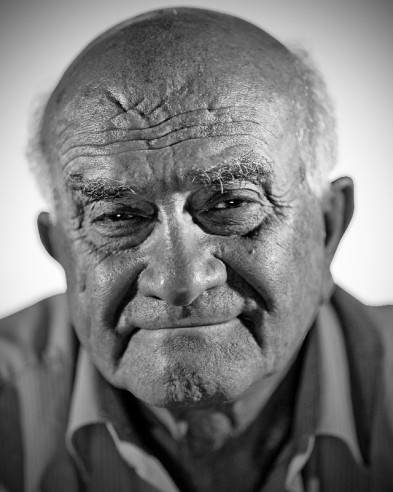Yevgeny Yasin, Economist, Academic Supervisor of the National Research University, Higher School of Economics
I believe that Putin’s personality isn’t completely suited to solving the urgent problems our country is facing. The issue is that the policies that were pursued before the economic crisis of 2008-2009 have exhausted their potential. They were centered mainly on raising oil prices and creating a serious asset — a market economy. The uniqueness of Putin’s governing style lay in the fact that he strengthened the government’s influence and put pressure on business. This pressure caused a significant decrease in business activity. Now, under new conditions, business activity and the optimistic outlook of a society focused on development are the main factors which could allow Russia to meet the challenges of the 21st century. I don’t see such opportunities for Vladimir Putin.

I’m not a proponent of rapid, radical reform because in countries without a tradition of democracy, this type of reform is usually very dangerous. Putin’s rollback might not be the only one. For this reason, we must be careful. I would choose a path of gradual development, but this doesn’t mean “doing nothing” or using force. The key moment in this whole process will be when the use of force is replaced by the rule of law and corresponding legal institutions. In the words of Douglas North, we must establish impersonal lawful relationships, instead of the personal ones which predominate the Russian tradition. We need to replace them. Countries that have become successful and entered the “golden billion” were able to make such changes. This is the primary challenge that stands before us. For this, we need new people.
Yevgeny Yasin was born in Odessa in 1934. He received degrees from the Odessa Institute of Civil Construction and the Economics Department of the Moscow State University. He holds a Doctorate in Economics, has authored over 10 monographs on political economy, and is one of Russia’s most respected economists. He worked at the Research Institute of the Central Statistics Office and subsequently managed the laboratory of the Central Institute of Economics and Mathematics of the USSR Academy of Sciences. In 1989, he headed the State Commission on Economic Reform for the USSR Council of Ministers. Two years later, he became the Director of Economic Policy for the Russian Union of Industrialists and Entrepreneurs and established the Expert Institute Independent Research Center.
Since 1992, Yasin’s professional activities have included government work. In 1994, he became the head of the Analytical Center under the President of the Russian Federation and was named the Minister of Economics. Since 1998, he has served as the Academic Supervisor of the Higher School of Economics of the National Research University. Since 2000, he has been the head of the Liberal Mission Foundation, which conducts research and organizes discussions on economic, political, and social problems. Until 2007, he was a member of the political council of the Union of Right Forces party, but left after being appointed a member of the Civic Chamber of the Russian Federation.
Mr. Yasin maintains an active civic profile. In his many interviews, he often calls for a war against the corruption and bureaucratization of the Russian economy, as well as the illegal persecution of Russian businessmen.

